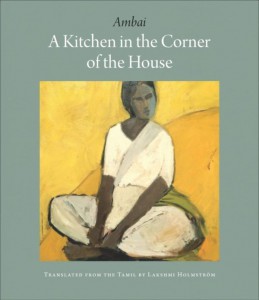This week our writers report on literary prizes and new releases in Poland, a collaboration between two renowned Swedish authors, the 41st International Book Fair in Mexico City, and commemorative events for María Elena Walsh in Argentina. Read on to find out more!
Julia Sherwood, Editor-at-Large, reporting from Poland
It’s never too late to #bemoreOlga—to quote Helen Vassallo (translatingwomen)—and report that Olga Tokarczuk is using some of her Nobel prize money to start a foundation to support writers and translators. To acknowledge the role translators played in her worldwide success, the Polish Association of Literary Translators has pulled together some stats: as of October 2019, 193 translations had appeared of Tokarczuk’s books into thirty-seven languages, with twelve more in the pipeline, by a total of ninety translators (names all listed here).
On January 20 the weekly Polityka awarded Olga Tokarczuk the Creator of Culture prize “for books that are ahead of their time, her style and for looking into the future of literature and our entire planet.” The prize was one of Polityka’s annual arts awards, with this year’s “Passport” for literature going to Dominika Słowik for her novel Zimowla (roughly, Huddling Together) a “thriller with horror elements, set in the small village of Cukrówka, a fascinating depiction of recent history.” In her acceptance speech, Słowik cheered the fact that, for the first time, all three shortlisted authors were women. READ MORE…







